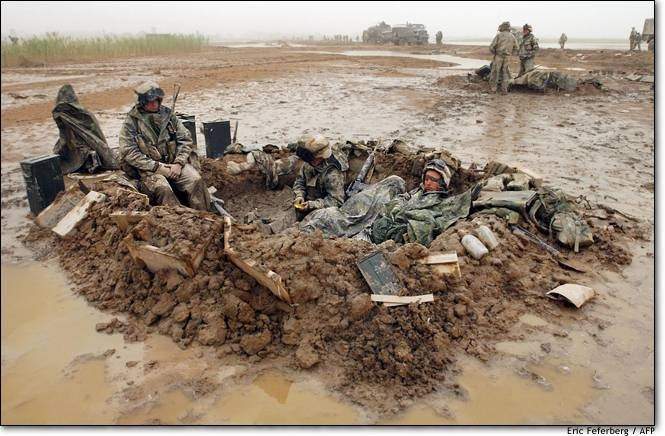
I have been conducting a number of job interviews lately for senior leaders in my organization. One of the questions I use frequently is, "What is your greatest failure, and why?" I am interested in seeing how candidates think by identifying where they came up short, and what they learned from it. I'm looking for risk takers and people who understand that failure is so often an opportunity to learn and grow.
What I have been hearing far too frequently is something like this: "Wow...I didn't see that coming. I don't know that I've ever really failed at anything. I'm not sure how I'd answer that."
I have a big problem with this answer. Are they suggesting that they've never taken on a major challenge with significant risk? Do they think that they have performed as well as they can...every time, that there is not another level of performance. Do they really think that they can do no better? Are they not committed to constant improvement and continuous learning? Have they never put themselves in difficult positions or taken on big projects, some of which inevitably come up short?
I'd have no problem answering this problem. I've made plenty of mistakes. I've failed more often than I likely would have time to address were I asked this question. I'm not perfect. Ask my bosses, my subordinates, my family! I've had plenty of opportunities to learn from my shortcomings.
I've hired someone that I later regretted. I failed to keep superiors informed of looming problems -- that they later learned of from someone else. I failed to recognize excellence in my subordinates when they did well. I did not anticipate problems. I did not complete a mission on time, on budget, or with the quality that was expected of me. I have aimed high...and landed low!
Shall I go on? I have failed plenty. But I believe that each of these was an opportunity to learn. I'm better now because of these personal and professional setbacks. I have increased my leadership muscle density through multiple repetitions of trial and error. And now...I'm bigger, stronger, faster than I might have been had I never failed!
So how would you answer this question? If you think you've never failed, are you taking on big enough challenges? And if you are, either personally or as an organization, are you taking the time to learn (see After Action Reviews -- AARs), to identify how you can take your performance to the next level? Are you lifting heavy enough weights to take your leadership to the point of failure?
No leader should struggle identifying where they have came up short. It is clear that whether personally or professionally, failure is the seed of future greatness. That makes it Leader Business.






